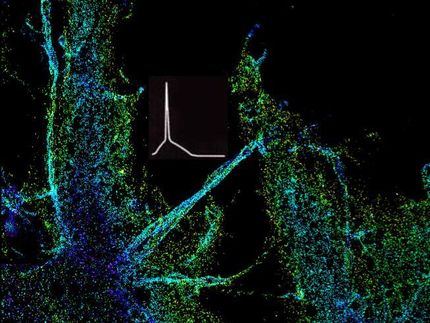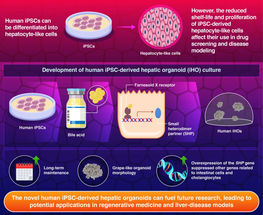Systematic analysis of data from animal models reveals opportunities and limitations
Professor Malcolm Macleod awarded the BfR’s Maria Sibylla Merian Fellowship
What opportunities and what limits result from the use of laboratory animals in the preclinical and clinical research? Neurologist Malcolm Macleod has dedicated himself to this topic. For his interdisciplinary research work and his contribution to improving animal welfare, he is awarded this year's Maria Sibylla Merian Fellowship from the German Federal Institute for Risk Assessment (BfR). "In the field of stroke research, Malcolm Macleod's systematic studies will enhance the relevance of animal models and improve their translation to humans based on evidence," says BfR President, Professor Dr. Dr. Andreas Hensel. "This is an excellent example of how unnecessary animal experiments can be avoided in the future, while still developing new and innovative therapy approaches." There are also synergies with the German Centre for the Protection of Laboratory Animals (Bf3R), where the BfR consolida tes all its activities nationwide, with the goals of reducing animal experiments to the absolutely essential minimum, ensuring laboratory animals the best possible protection and intensifying research into alternative methods. With the Fellowship programme, the BfR honours researchers who have excelled through their extraordinary scientific achievements. In addition to this, the BfR is expanding its international scientific expertise and network.
With the Maria Sibylla Merian Fellowship, the BfR promotes the transfer of knowledge between internationally renowned scientists and the researchers at the BfR. The BfR named the award in honour of the naturalist and artist Maria Sibylla Merian (1647 - 1717), who distinguished herself through her exceptional pioneer spirit in the field of life sciences at the turn of the 18th century. Merian’s independent scientific achievements are an inspiration for the mission of the BfR in the field of consumer health protection.
The first Merian Fellow is Malcolm Macleod, Professor of Neurology and Translational Neurosciences at the University of Edinburgh and coordinator of CAMARADES (Collaborative Approach to Meta-analysis and Review of Animal Data from Experimental Studies). His work is dedicated to the reproducibility of the results of studies involving animal experiments and their translation to humans. His research also involves quality assurance in biomedical studies. Systematic evaluation of studies involving animal experiments shall improve the design, implementation, analysis and reporting of animal studies . If no alternative method to the animal experiment exists, the most suitable animal model for the specific research question should be identified to avoid unnecessary animal experiments in the future. Only sufficient information e.g. through the use of systematic reviews and meta-analysis enables researchers to determine the need for further experiments and the exact areas these experiments should concentrate on. Malcolm Macleod’s research is therefore crucial for the development of strategies to reduce animal experiments.
The BfR supports the replacement of animal tests with alternative methods whenever possible. As research involving laboratory animals cannot be completely abandoned at present, it is therefore most important that the animal experiments carried out have the highest possible significance. The BfR aims to collaborate with Malcolm Macleod on a scientific basis in order to advance research in the field of meta-analysis.
Most read news

Get the life science industry in your inbox
By submitting this form you agree that LUMITOS AG will send you the newsletter(s) selected above by email. Your data will not be passed on to third parties. Your data will be stored and processed in accordance with our data protection regulations. LUMITOS may contact you by email for the purpose of advertising or market and opinion surveys. You can revoke your consent at any time without giving reasons to LUMITOS AG, Ernst-Augustin-Str. 2, 12489 Berlin, Germany or by e-mail at revoke@lumitos.com with effect for the future. In addition, each email contains a link to unsubscribe from the corresponding newsletter.






















































